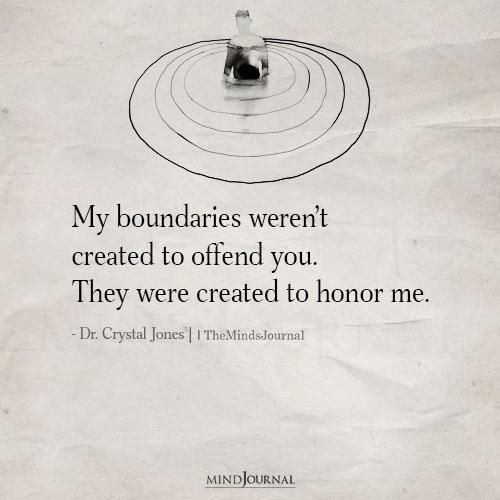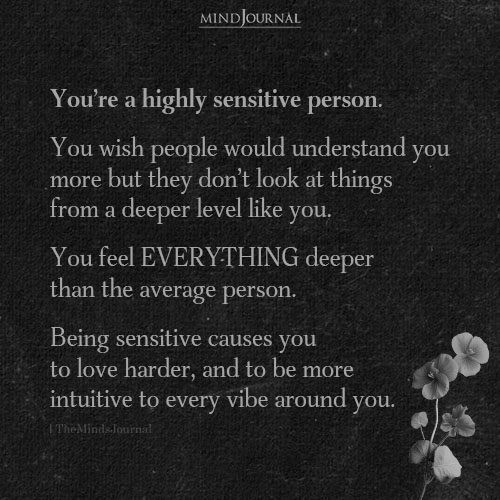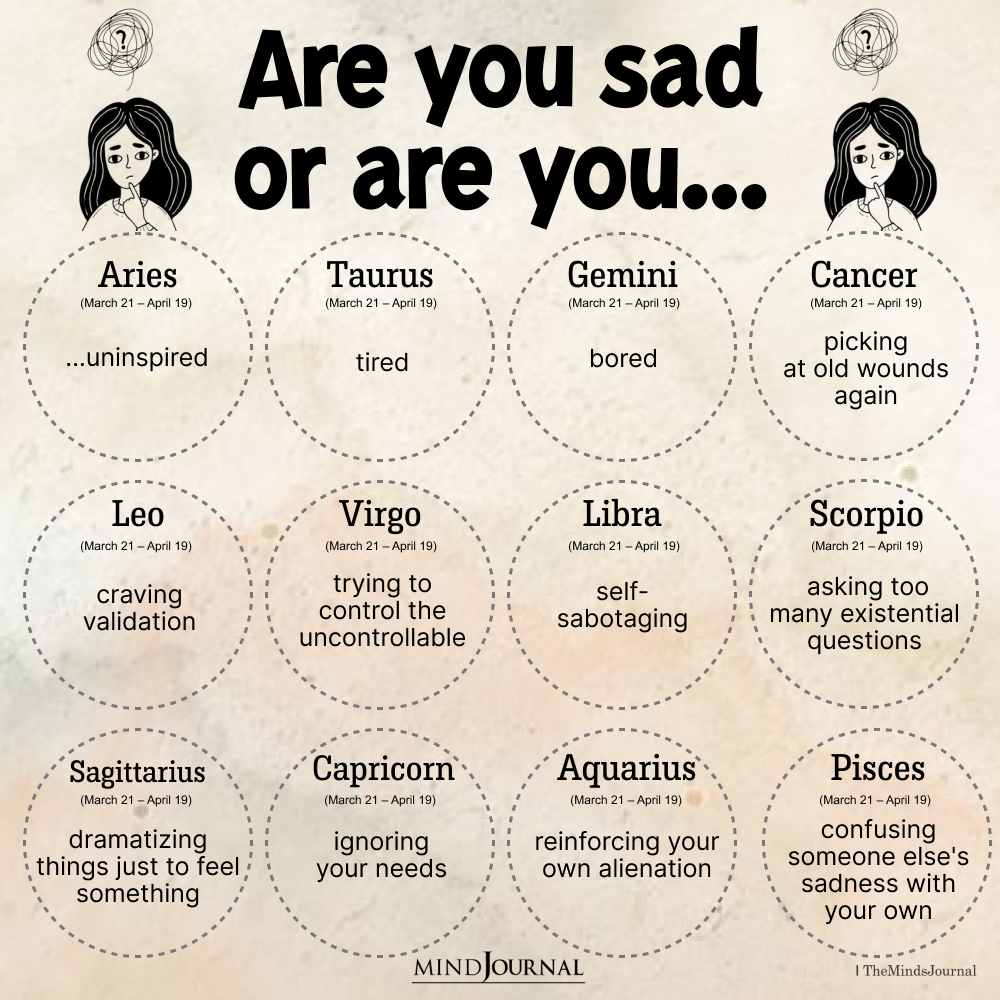Depression is your avatar telling you its tired of being the character you’re trying to play.
– Jim Carrey
This quote by Jim Carrey offers a deep and insightful perspective on the nature of depression, suggesting that it serves as a signal or indicator that a person is living inauthentically. Here’s a detailed breakdown of its meaning:
“Depression is your avatar telling you”:
In this part of the quote, Carrey personifies depression as an “avatar,” a representation of oneself, akin to a character in a video game or a virtual persona. By using the term “avatar,” Carrey implies that depression is a form of communication from one’s inner self, an embodiment of the true feelings and experiences that might be hidden beneath the surface. This perspective encourages viewing depression not merely as a clinical condition but as a meaningful expression of one’s inner state.
“it’s tired of being the character you’re trying to play”:
This phrase suggests that depression arises when there is a disconnect between one’s true self and the persona one is trying to maintain. The “character you’re trying to play” refers to the roles, identities, or facades people adopt to meet societal expectations, fulfill responsibilities, or conform to external pressures. These roles may be inauthentic or misaligned with one’s true desires, values, and emotions.
Carrey is highlighting the idea that when there is a prolonged effort to live up to an inauthentic version of oneself, it can lead to emotional exhaustion and, ultimately, depression. The “tiredness” mentioned is a metaphor for the mental and emotional strain caused by maintaining this facade.
In essence, the quote conveys the idea that depression is a signal from within, indicating that something fundamental about the way one is living is not in harmony with their true self. It suggests that the root of depression may lie in the inauthenticity and dissonance between one’s inner reality and outer behavior.
This perspective on depression encourages introspection and self-awareness. It invites individuals to examine their lives, identify the roles or personas they are adopting, and consider whether these align with their true selves. By recognizing and addressing this dissonance, one can take steps towards living more authentically and reducing the emotional burden that contributes to depression.
The quote also underscores the importance of authenticity and self-acceptance. It implies that mental health and well-being are closely linked to living in a way that is true to oneself. This means embracing one’s true feelings, desires, and values, rather than suppressing them to fit external expectations or societal norms.
Furthermore, Carrey’s quote reflects a compassionate and humanistic approach to understanding depression. It shifts the focus from viewing depression solely as a medical condition that needs to be treated to understanding it as a meaningful and communicative aspect of one’s experience. This approach promotes empathy and self-compassion, encouraging individuals to listen to their inner signals and address the underlying causes of their distress.
Additionally, the quote suggests that addressing depression involves more than just symptom management; it requires a deeper exploration of one’s life choices, relationships, and personal values. It emphasizes the importance of making changes that align with one’s true self, which can lead to a more fulfilling and authentic life.
In a broader sense, the quote challenges societal norms that often pressure individuals to conform and play certain roles. It advocates for a cultural shift towards valuing authenticity and self-expression over superficial success and conformity. This message is particularly relevant in today’s fast-paced, achievement-oriented society, where many people feel compelled to project a certain image or meet external standards of success.
In conclusion, this Jim Carrey quote offers a profound and insightful perspective on depression, suggesting that it is a signal from one’s inner self indicating a disconnect between one’s true identity and the roles they are playing. It encourages introspection, authenticity, and self-acceptance as key components of mental health and well-being.
By understanding depression as a meaningful expression of inner dissonance, individuals are invited to make changes that align with their true selves, leading to a more authentic and fulfilling life. This perspective not only promotes personal growth and self-awareness but also advocates for a cultural shift towards valuing authenticity and genuine self-expression.
Read: Jim Carrey On Awakening: How He Began His Spiritual Journey
Jim Carrey Quotes, quotes about jim carrey, best jim carrey quotes, famous jim carrey quotes, Depression Quotes, quotes about depression, major depression quotes, jim carrey quotes about depression, quotes about jim carrey, best jim carrey quotes







Leave a Reply
You must be logged in to post a comment.